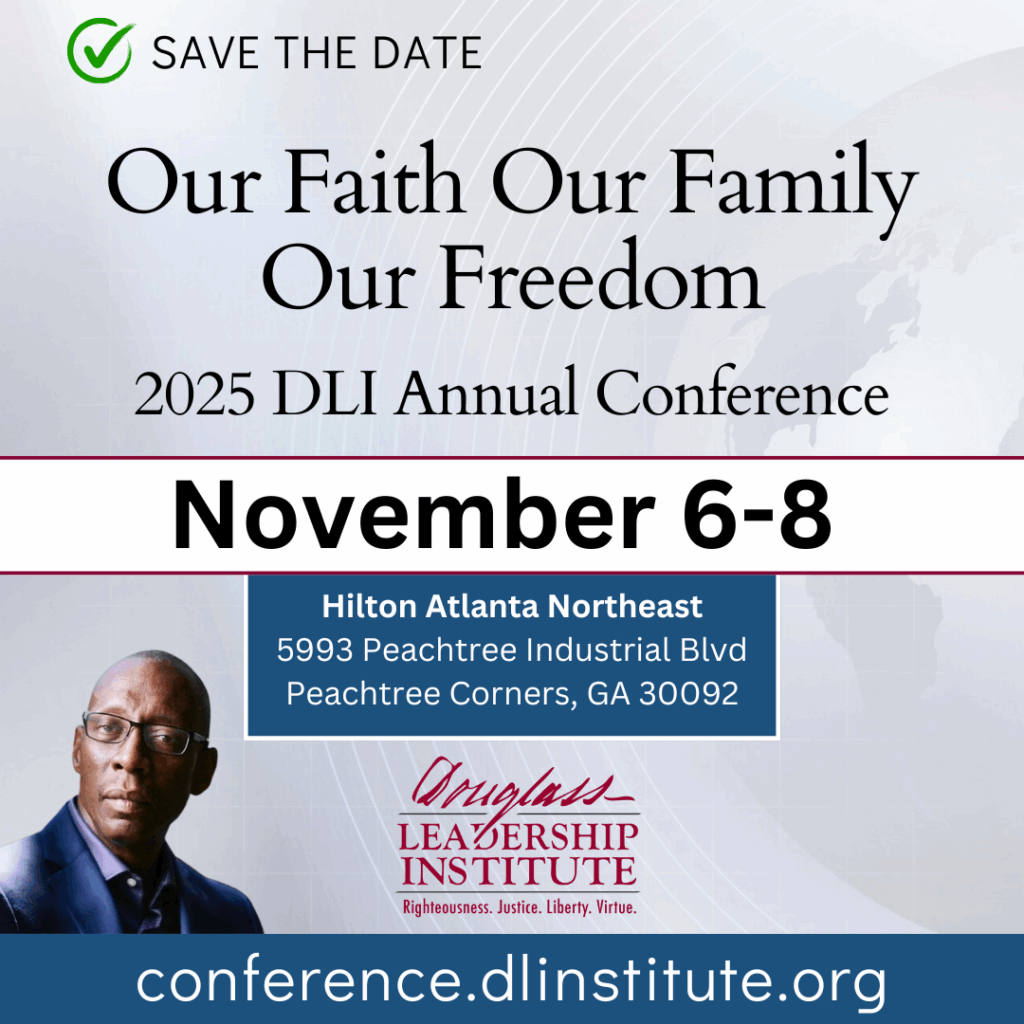
Reprinted from the Washington Post
Focusing on small slights obscures the bigger issues in African American communities.
by JeremyHunt
“Hunt isn’t one of us.”
Rico, a black friend of mine, said those words about me behind my back. To him, I wasn’t authentically black. I grew up in too nice of a neighborhood around too many white people. My family was picture perfect, and I’d never been involved in a street fight.
Like many middle class black children, I tried to defend my blackness. I related how my car was once vandalized with racial slurs and how I had to deal with ignorant comments from white peers almost every day. But to my disappointment, Rico — who had grown up in a lousy neighborhood in Detroit — laughed off my tales of suburban oppression. Looking back on it, I realize that in my adolescent quest for identity, I tried to inflate my minor irritations to part of the same story as Rico’s loss of friends and family members to bullets, knives or addiction.
Now I don’t think that blackness is authenticated by poverty or suffering. I do realize, however, that suffering has defined much of the black experience in America, and Rico’s share of this has been far larger than mine. In the grand scheme of things, microaggressions simply don’t matter. I’m not saying they are not bothersome, but they do not belong in the same conversation as the poverty, violence and crime that plague many black neighborhoods.
[There’s a reason black Americans say racism persists: The cops]
I have noticed that many of my fellow middle class blacks, especially those supporting Black Lives Matter, have taken the opportunity to “raise awareness of” the discomfort we sometimes feel when pulled over for a traffic stop or the annoying things white people do at work. We do this not because these are the most pressing concerns of the black community as a whole, but because these are the problems that we are most likely to experience. Right now, suburban oppression has a disproportionate piece of the pie. If our goal is to actually make black lives matter, we ought to start with the problems that affect the most black lives.
Why is it that over half of the homicide victims in the U.S. are black, despite accounting for only 13 percent of the population? Why are 93 percent of black murder victims are killed by other blacks? I have heard many fellow conservatives use the “black-on-black” crime argument to dismiss BLM complaints about unjust police violence. BLM usually responds by saying that “white-on-white” crime is nearly as high. Both sides are missing the point. In fact, rogue members of the police kill unarmed blacks for the same reason that black men kill each other: Black lives are inexpensive.
In her book “Ghettoside,” Jill Leovy asserts that “where the criminal justice system fails to respond vigorously to violent injury and death, homicide becomes endemic.” Black homicide cases usually go unsolved or unsuccessfully prosecuted. For example, in Chicago this year, detectives only solved 21 percent of homicide cases. In other words, they solved just 92 of 432 homicide cases committed in the city, according to police statistics. Similar statistics are found in other cities around the country. Rico’s hometown of Detroit only solved 9 percent of murders in 2012, rising to 13 percent by 2014. Boston fared better than Detroit, but still solved less than half of the city’s homicide cases.
[How it feels when white people shame your culture’s food — then make it trendy]
There are myriad reasons as to why these numbers are so pitifully low. But the bottom line is this: People who murder black men almost always get away with it, whether they are other black men or bad cops. This is an intolerable tragedy in the American justice system affecting millions of black families every day. All Americans, especially BLM sympathizers, should be talking about it. If we can make a fuss about teachers mispronouncing students’ names or celebrities saying the N-word, how much more should we make a fuss about police departments poorly investigating street murders.
I don’t think our neglect of this problem is calculated. I think we don’t talk about black homicides mostly because they don’t apply to us. In fact, any American who is blessed enough to live in a safe neighborhood is susceptible to this kind of apathy. But the American justice system belongs to us all. So all of us — especially those who consider themselves advocates for social justice — have a duty to pay attention to its failures.
Kadarius “KD” Bailey, Montevious Flentall, Marquis Lawson, and Robert Lee Simmons Jr. Those are just four of the hundreds of black men whose cases remain unsolved this year. They mattered.


